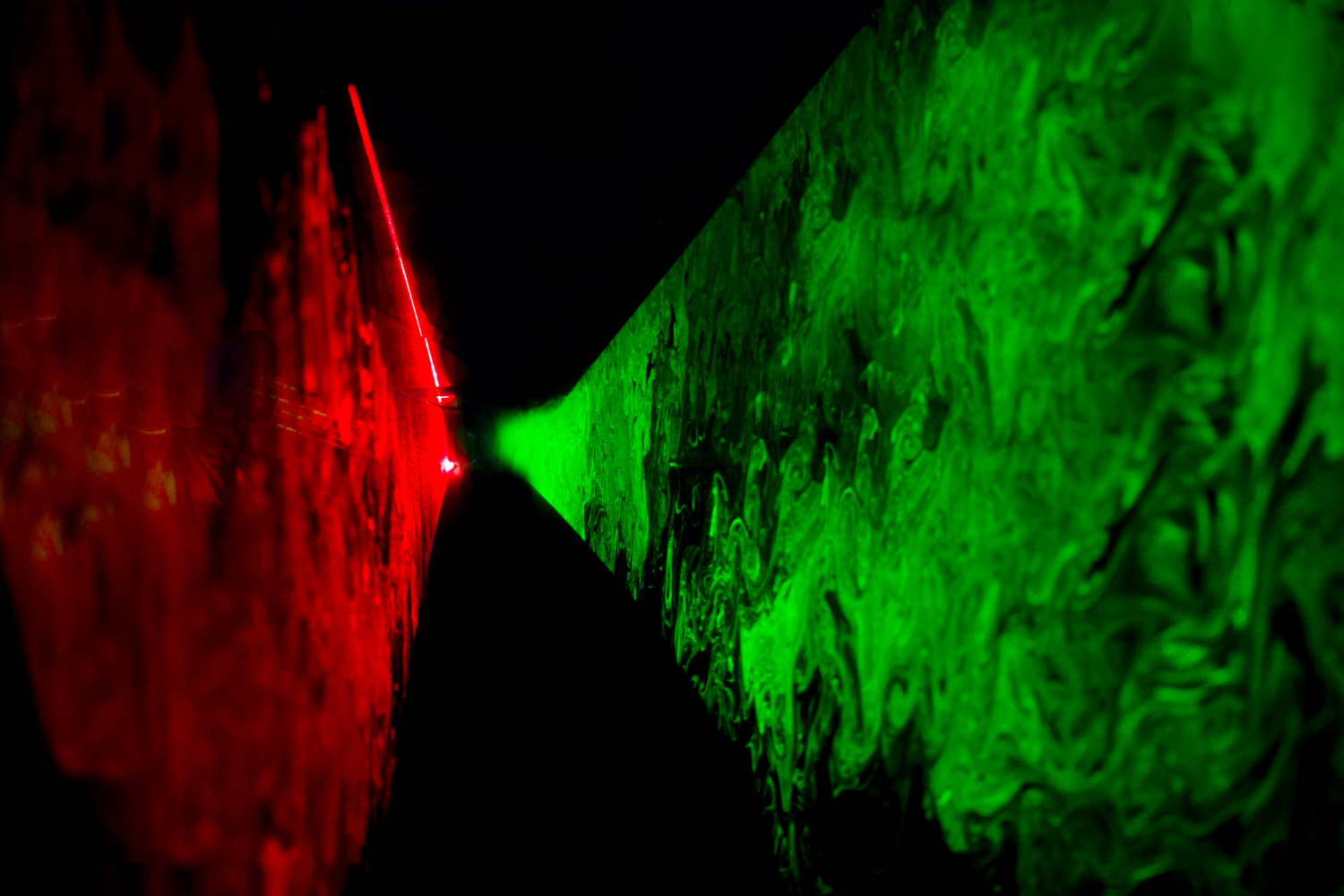EcoSphere entered the scene as a climate-tech disruptor promising biodegradable packaging that would dissolve harmlessly in soil within 30 days. The startup raised over $70 million in under two years, pitching investors with glossy demos, powerful testimonials, and the support of celebrity eco-advocates. It all looked like a dream.
But beneath the surface, it was anything but sustainable.
An independent study in January 2025 revealed that EcoSphere's miracle product was actually made with standard plastic components—and not biodegradable at all. Worse, the so-called “green formula” they marketed as proprietary was nothing more than rebranded industrial material with a new label.
When questioned, the founders deflected. Their website removed claims overnight. Their social media, once filled with forested backdrops and impassioned climate rhetoric, went silent. Reports soon surfaced of fake lab results, staged customer reviews, and alleged bribes to green certifiers.
By March, former employees started coming forward, revealing that internal teams were told to “focus on PR, not product,” and that packaging prototypes were swapped out during demos with manually deteriorated samples to impress investors.
With lawsuits piling up and class actions forming, EcoSphere has become the poster child of what happens when “greenwashing” becomes a business model. Regulators have launched fraud investigations, and some early investors are now publicly apologizing for not scrutinizing the tech behind the vision.
As one whistleblower bluntly said: “We weren’t building a solution—we were building an illusion.”

